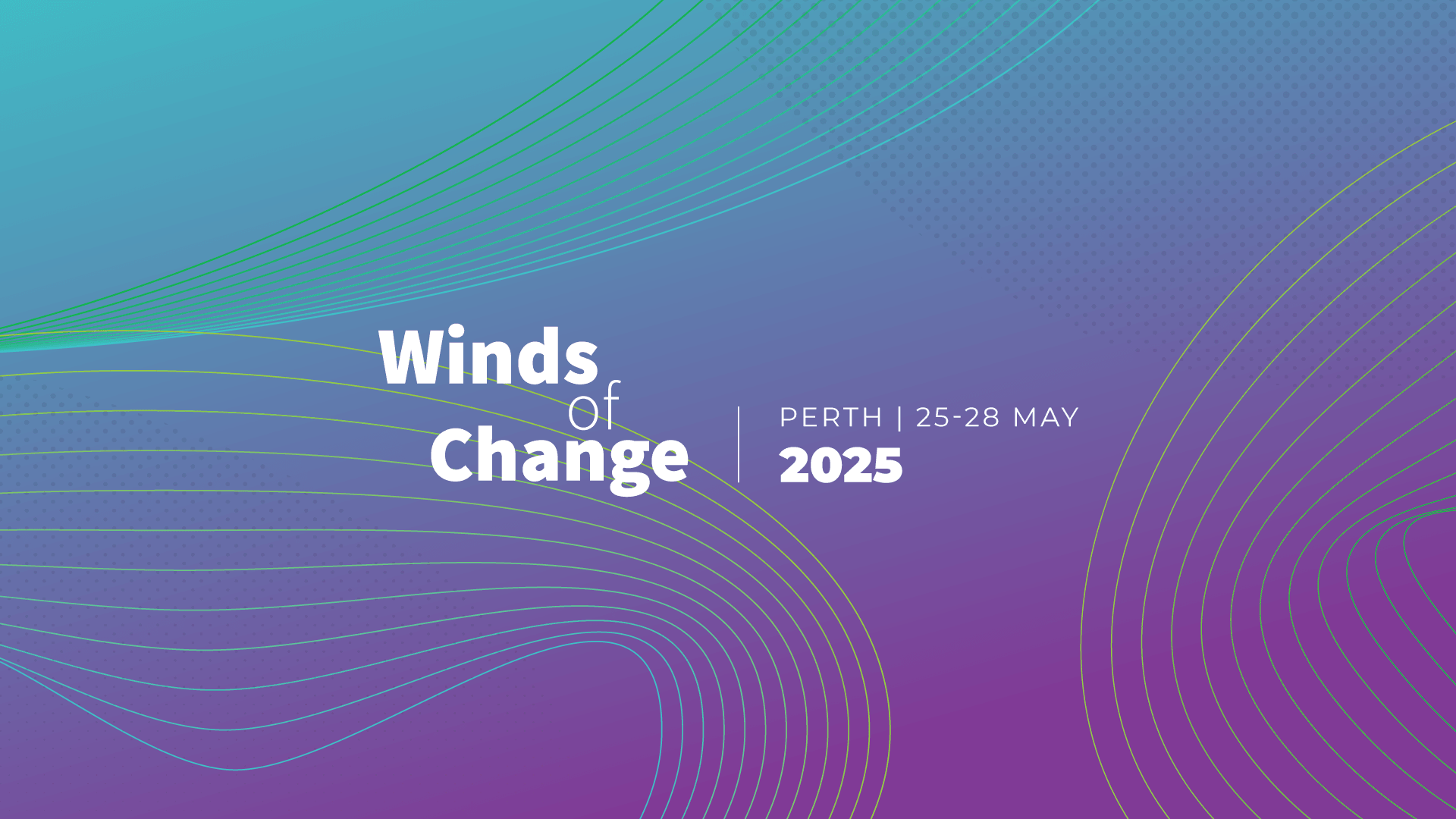
Valuing Learner Agency: An Educator’s Perspective
May 27 2025, 11:55 - 12:25 (AWST)

In a time of complexity and compelling change, fostering learner agency in higher education is essential to preparing students to navigate and thrive in an uncertain world. This abstract introduces a framework based on five key principles designed to enhance student agency through self-awareness, human-centred learning, and reimagined roles. The framework integrates entangled pedagogy, self-determination theory, and universal design for learning to support students in feeling connected, effective, and motivated to take ownership of their learning journey.
1. What Matters to You, Matters:
At the core of learner agency is the recognition that personal values drive motivation. By centring students’ lived experiences, educators can create a classroom culture where each voice is valued, making education a shared, meaningful journey.
2. Who Has the Control:
Reframing teacher and student roles empowers learners by giving them choices and ownership. The educator’s role shifts from content delivery to designing inclusive, relational learning experiences that encourage self-regulation and critical thinking.
3. How to Model an Agentic Mindset:
Empowering students requires educators to model behaviours that encourage agency. By fostering a growth mindset, creating safe spaces for exploration, and embracing learning’s challenges, educators nurture autonomy, competence, and relatedness—key elements of agency.
4. Why the Human Matters in Self-Directed Learning:
A human-centred approach recognises the emotional and social dimensions of learning. By emphasising relationships, empathy, and collaboration, educators support deep, self-directed learning, equipping students with the skills needed in an uncertain world.
5. When and Where to Scale Up:
Scaling agency-building practices calls for strategic integration of universal design for learning principles. By making small, deliberate modifications to course design, educators ensure that agency is accessible and sustainable, helping students become confident, autonomous learners.
By prioritising relational, inclusive, and human-centred teaching practices, educators and learners collaboratively shape educational journeys, enabling learners to make meaningful decisions and contributions within an interconnected, cyber-physical world.
THETA acknowledges the Traditional Owners of the lands where we live, learn and work. We pay our respects to Elders past and present and celebrate the stories, culture and traditions of all First Nations people.
